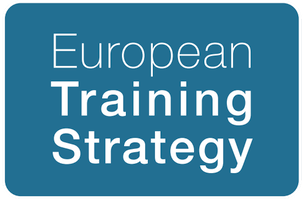

The single skills are summarised in different headlines that illustrate what “networking and advocating” means for youth workers skill-wise. The “cluster headlines” do not name skills as such; these can be found through clicking on the lists.
It is crucial for networking to find partners and to understand the systems in which it can take place. + -
In detail, this means an ability to:
- identify relevant partners in different environments (especially in an international setting)
- network with a variety of external systems and actors
- identify and name the European/international dimension in their work
- research and access relevant information
Advocacy needs communication in order to reach out to the community, stakeholders and potential supporters. + -
Corresponding skills are:
- to transfer/communicate and share the learning potential of international mobility experiences
- to include other community members during or after the project for a wider impact
- to create and disseminate digital contents such as videos, podcasts, memes, and digital presentation formats
Within networks, power relations between partners are of importance. + -
For youth workers, this means being able to:
- identify privilege and power relations and mechanisms
- assess the consequences of privilege and power relations and their potential for acts of solidarity



